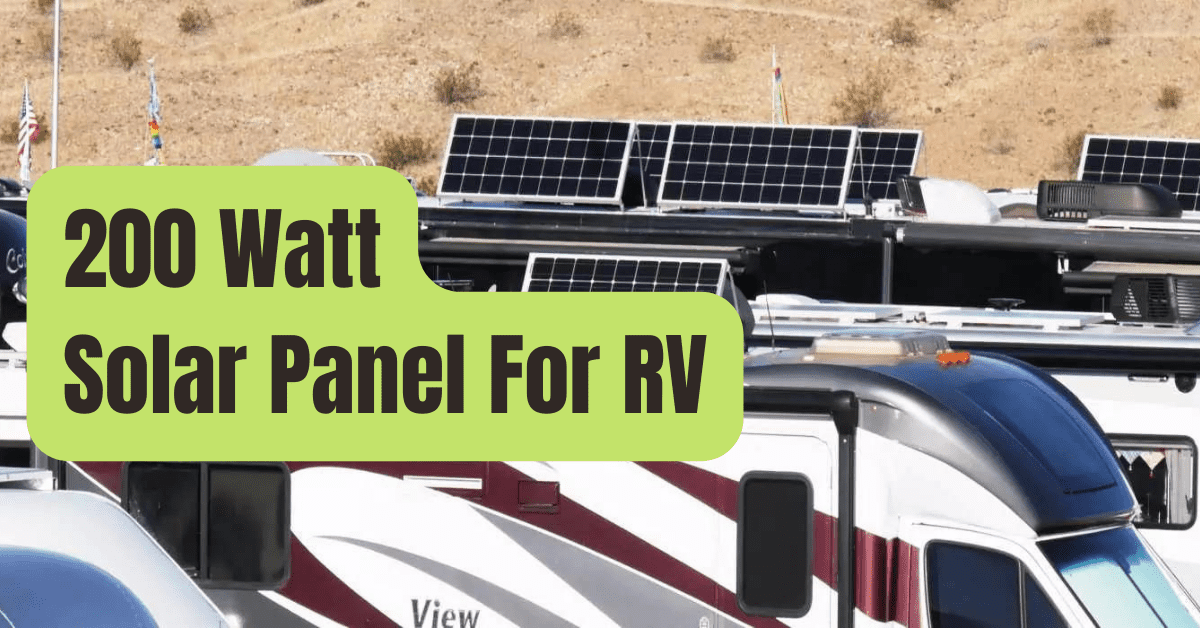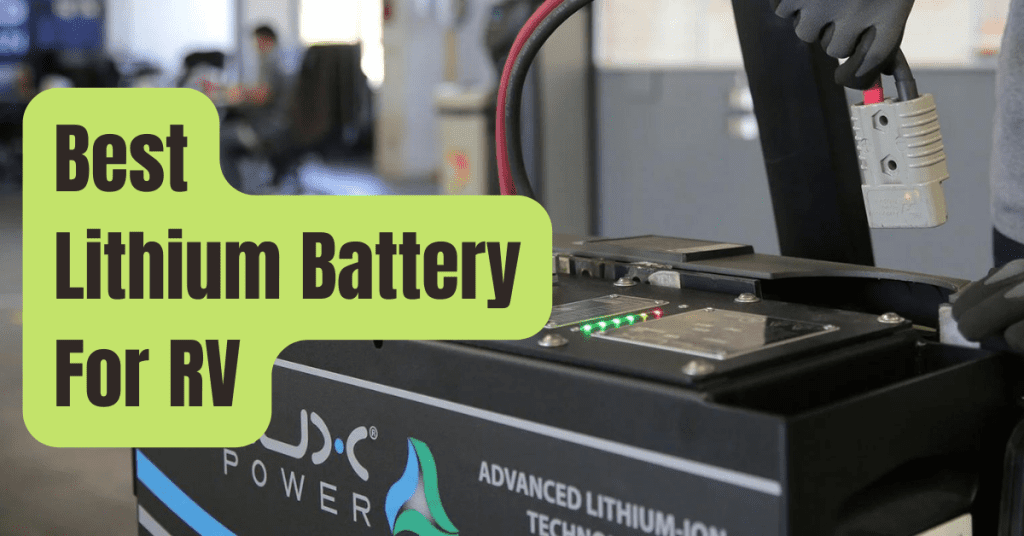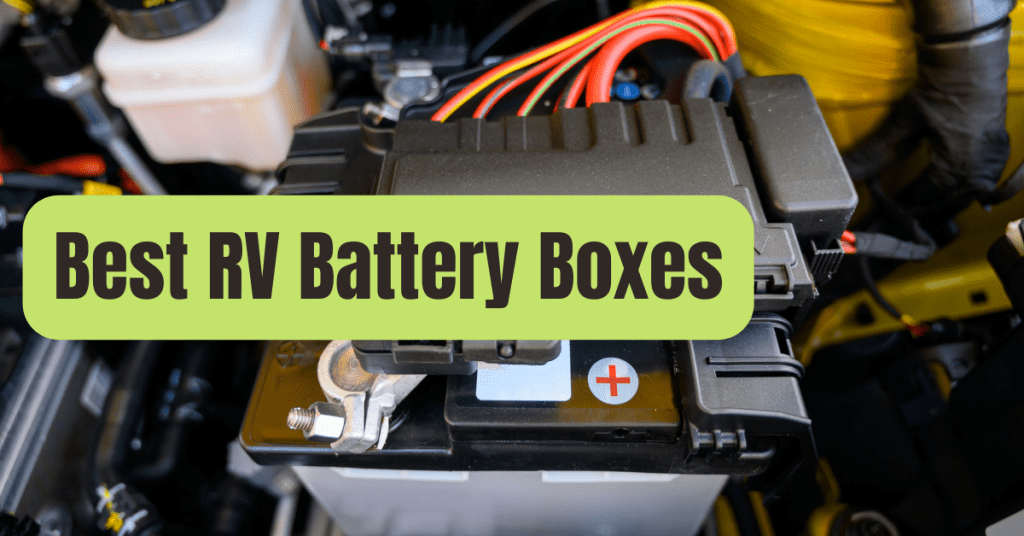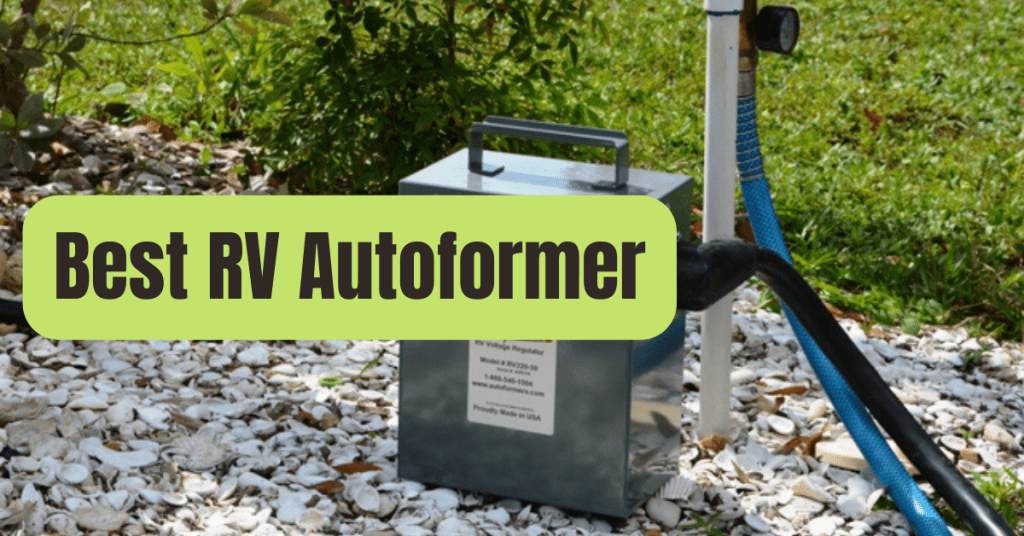Do you need to know whether an RV can use 200 watts of solar power? Solar RV powering may be both thrilling and intimidating to consider.
You could require a solar panel with a power output of 200W.
However, what if you need more power than 200 watts? How can you determine how much electricity you require?
These queries will be addressed in this post.
We provide a thorough analysis of whether 200 watts is enough for an RV.
We go through the requirements for an RV and the many features of a solar power kit.
Find out what you can run on 200 watts of solar electricity by reading on.

Rv Operation With 200-watt Solar Power
Do You Need 200-Watt Solar Panels?
How much power you use will determine how many solar panels you utilize.
You must decide what and how long you want to power.
What can a 200-watt solar panel power, then?
The very bare minimum of solar electricity for an RV is a 200W solar kit.
In your RV, a 200-watt solar panel may power the refrigerator.
To keep food fresh, refrigerators need continuous electricity.
The solar power needed to run a 12V refrigerator is 200W.
Overnight, you would want a battery bank.
A full solar kit is excellent in this situation.
You can survive till dawn with 120 amp hour lead-acid batteries.
You would have enough electricity left over to run a TV or other small device for an hour.
You would have to keep track of the electricity you use and what you power.
If you don’t keep track of it, you can run out of food and your refrigerator won’t work.
If you only use your RV for a few weeks a year, this is OK.
You’ll need at least 600W of solar power if you want more than the minimal output.
This will enable you to simultaneously power your refrigerator, coffee machine, fan, and lights.
You will need a lot of electricity if you want to live in your RV for the most of the year or all of it.
Between 2000W and 2200W are often used by boondockers.
This is sufficient to run high-draw devices like a microwave.
What Does a Complete Solar Power Kit Need to Have?

For novices, purchasing a whole solar power kit is excellent.
It includes all of the components required to set up a solar system for an RV.
The following is included in the kit:
- Solar cells
- Battery bank
- Inverter
- Charge regulator
Although items may be purchased individually, purchasing the package is more affordable.
Typically, a 200-watt kit comprises two 100-watt panels.
Keep in mind that if you run out of solar panels, you can always purchase more.
Your electronics and appliances will be powered by the solar panels throughout the day.
But for evenings, you need a battery bank.
Although it is not advisable, you may live without a battery bank.
The charge controller guards against overloading of your battery bank.
Additionally, a digital readout that displays your remaining power is included.
The reading must be more than 12V.
Damage to the battery will be avoided.
The inverter is used to transform solar energy into a usable electrical current.
This is crucial.
While our gadgets are powered by AC, solar energy is Direct Current (DC).
A solar power system without an inverter is ineffective.
What Sort of Batteries Are Recommended?
We’ve already covered the benefits of using batteries in conjunction with solar power.
However, did you realize there are two distinct types?
The two types of solar power batteries are:
- Lithium-ion batteries
- Batterie lithium-ion
The kind you choose will depend on your demands and budget.
The more recent and preferred choice are lithium batteries.
Despite the fact that they offer clear advantages, they are pricey.
For many years, we have used lead-acid batteries.
They need a lot of upkeep, but they have helped us get through some difficult times.
Lead-Acid Vs. Lithium Batteries Comparison Table
| Amount Of Battery | Pros | Cons |
| Lead Acid | Cheaper Powerful |
Reduced lifespan (4 to 5 years). Toxic Maximum daily energy discharge of 50% Slow charging |
| Lithium | Small toxicity High performance Lightweight Explosive discharge (up to 80 percent daily with no problems) Quicker charge |
Expensive |
Despite the clear advantages of lithium batteries, the fact is that you don’t need them.
You may choose the less expensive option.
If you want to live permanently off the grid, lithium batteries are ideal.
Lead-acid batteries are ideal if you just want to be off the grid for a few weeks out of the year.
They may need a bit more upkeep, but they are far less expensive.
What is the time required for a 200W solar panel to fully charge a 12V battery? A 12V battery would need to be charged for 5 to 8 hours.
Make careful to take this into account when determining your solar demands.
Generator (Optional)
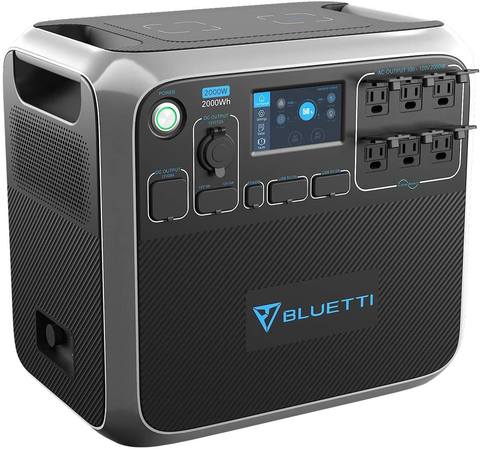
Although purchasing a generator is not required, it might be a smart move.
Why not, if you have the funds available?
Generators are ideal for running many high-draw items simultaneously.
Consider purchasing a generator if you want to utilize an Instant Pot or microwave.
A generator will relieve some of the strain on your battery bank even if you won’t be utilizing those gadgets.
In the event that your batteries fail unexpectedly, it may also serve as a backup power source.
There are several drawbacks to generators.
They might be pricey and take a while to charge.
Amount Of Appliances And Energy Use
A 12V refrigerator and a few other small appliances can be run off of a 200-watt solar panel.
You won’t be able to use the other appliances for very long since the refrigerator requires continuous electricity.
A 200-watt solar panel can power some electronic devices.
| Appliance/Device | Usage Time |
| 2* LED Lights | 5 hours |
| Phone/Tablet/Drone | 3 hours |
| Laptop | 2 hours |
| TV | 2 hours |
| Electric fan | 2 hours |
| Coffee maker | 1 hour |
| Microwave oven | 1 hour |
Utilizing solar lighting with internal solar panels would lower your energy use.
These lights are often transportable and ideal for RVs and campers.
You may even use these lights in your backyard at home.
Output
The daily output of a 200W solar panel varies based on a number of variables.
These elements consist of:
- Weather
- Date and time
- Season
- Shading
- Angle of inclination of the solar panels
- How clean are your panels?
Let’s assume that the solar panels will be used in ideal circumstances.
This refers to a bright summer day devoid of any shadow.
Clear sky are great, and the sun is brighter in the summer than it is in the winter.
In this case, the panels will produce their greatest amount of wattage at noon.
The panels will produce less electricity before and after noon even on a beautiful day.
For this reason, a battery bank is also necessary.
It will guarantee that your RV has continuous electricity.
This is crucial if you have an RV refrigerator since it must operate continuously.
Typical power output for a 200W solar panel during the day:
| Time | Output | |
| Highest output times | 11 am to 1 pm | 170W to 200W |
| 1 pm to 3 pm | 200W to 100W | |
| Moderate output times | 9 am to 11 am | 50W to 170W |
| 3 pm to 5 pm | 100W to 50W | |
| Lowest output times | 6 am to 9 am | 0W to 50W |
| 5 pm to 7 pm | 50W to 0W |
These projections assume that solar panels are working under clear skies throughout the summer.
Keep in mind that other elements also influence the power output.
Dimensions
It is crucial to understand a solar panel’s size.
An RV’s roof has a certain amount of room.
You must confirm that the panels you purchase will fit.
Before purchasing a solar panel, be sure you measure the available area on the roof (s).
Different solar panels will have different sizes.
The size is determined by the anticipated output in watts.
For a household model, a 200-watt solar panel would be around 65 inches by 39 inches.
Industrial versions measure 77 inches by 39 inches, which is significantly larger.
Advantages Of Solar Energy
Both you and the environment may gain greatly from using solar energy.
When individuals refer to “going green,” they often imply by employing environmentally friendly energy.
The purest form of “clean” energy is solar electricity.
Here are some advantages of solar energy for the environment and for you:
- Solar power is secure, healthy, and regenerative. It helps you reduce your carbon footprint and has no negative environmental consequences.
- A comprehensive solar power system is an investment that will pay off over time. Although the initial setup may be a bit expensive, you will end up saving money in the long term.
- Solar energy is dependable. The panels are run by the sun. Batteries are then used to store the energy for usage at night or on cloudy or rainy days.
- Additionally, portable solar panels are practical. They are portable and may be charged while in use.
Solar energy may be advantageous to almost anybody.
A full solar power system purchase will provide you years of pure, sustainable energy.
You will want more than 200 watts if you intend to use solar power exclusively.
But it’s OK to start off modestly with a 200-watt solar array.
This will enable you to comprehend how solar energy works.
If or when you need extra solar panels, you may purchase them.
When maintained properly, a system may live up to 20 years or more before having to be replaced.
Recall to maintain the solar panels’ cleanliness and make sure all of the components are operating properly.

